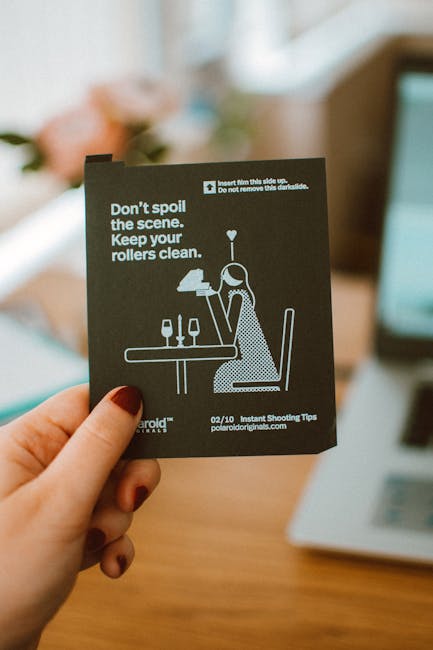Beginner’s Guide to Python: Recommended Tutorials
Welcome to the world of Python! Whether you’re a complete newbie or transitioning from another programming language, Python is a fantastic choice. Known for its simplicity and versatility, Python is a great starting point for anyone interested in coding. In this guide, we’ll explore some top-notch tutorials to get you started on your Python journey. Let’s dive in! 🐍
Table of Contents
1. Why Learn Python? 🤔
2. Getting Started: The Basics 📚
3. Recommended Tutorials for Beginners 💻
4. Advanced Learning: Where to Go Next 🚀
5. Conclusion: Your Python Journey Begins 🛤️
6. FAQs: Your Questions Answered ❓
Why Learn Python? 🤔
Python is not just another programming language; it’s a powerhouse that has taken the tech world by storm. But why is it so popular?
Python is known for its readability and concise syntax, making it easier for beginners to grasp the basic concepts. It’s widely used in various fields such as web development, data science, artificial intelligence, and more. Plus, the Python community is incredibly supportive, always ready to help a fellow coder out!
Getting Started: The Basics 📚
Before jumping into tutorials, it’s essential to understand the basic setup. First, download and install Python from the official website. Next, choose an Integrated Development Environment (IDE) like PyCharm or VSCode that suits your needs. Once you’re set up, you’re ready to start coding!
Recommended Tutorials for Beginners 💻
Here are some highly recommended tutorials that are perfect for beginners:
1. Python Official Documentation
The official Python documentation is a great place to start. It covers everything from basic syntax to advanced topics. While it might seem daunting at first, it’s extremely thorough and reliable.
2. Codecademy’s Python Course
Codecademy offers an interactive Python course that is perfect for hands-on learners. With exercises and real-time feedback, you’ll be able to practice what you learn immediately.
3. Coursera’s “Python for Everybody” by Dr. Charles Severance
This course is highly recommended for beginners. It provides a comprehensive introduction to Python and covers the basics in a structured way. Plus, Dr. Severance’s teaching style is engaging and easy to follow.
4. “Automate the Boring Stuff with Python” by Al Sweigart
This book/course is perfect for those who want to apply Python to real-world tasks. It focuses on practical applications like automating tasks, which is both fun and useful!
Advanced Learning: Where to Go Next 🚀
Once you’ve got the basics down, you might wonder what’s next. Here are some paths you can explore:
🔹 Data Science with Python
🔹 Web Development with Django or Flask
🔹 Machine Learning with TensorFlow or scikit-learn
🔹 Scripting and Automation
The possibilities are endless, and there’s always something new to learn in the Python world!
Conclusion: Your Python Journey Begins 🛤️
Embarking on your Python journey is an exciting adventure. With the right resources and a bit of curiosity, you’ll soon find yourself writing code with confidence. Remember, every expert was once a beginner. So, keep practicing, stay curious, and don’t hesitate to ask for help when needed. Happy coding! 🎉
FAQs: Your Questions Answered ❓
1. Is Python hard to learn for beginners?
Not at all! Python is considered one of the easiest programming languages to learn due to its simple and readable syntax.
2. How long does it take to learn Python?
The time it takes to learn Python varies. With consistent practice, you can grasp the basics in a few weeks. Mastery takes longer, but the journey is rewarding!
3. Can I learn Python on my own?
Absolutely! With the plethora of online resources available, self-learning is entirely feasible. Just make sure to practice regularly and seek help when needed.
4. What can I build with Python as a beginner?
As a beginner, you can start with simple projects like calculators, web scrapers, or basic web applications. As you gain more experience, you can explore more complex projects.
We hope this guide helps you kickstart your Python learning journey. Good luck, and enjoy the process! 😊





